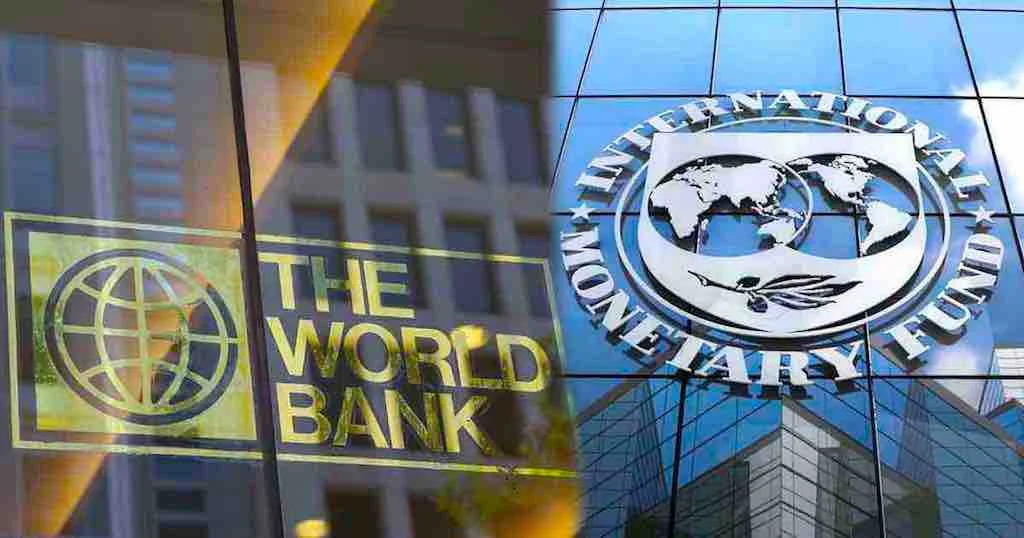The World Bank has revised Nigeria’s 2023 economic growth forecast downward by 0.3 percentage points, from 3.2% to 2.9%. The downgrade reflects challenges in the oil sector, rising insecurity, and the impact of flooding.
The revision was disclosed in the World Bank’s report titled “January 2023 Global Economic Prospects.”
Factors Affecting Nigeria’s Economy
According to the report:
- Non-oil sector growth is expected to be restrained due to weakness in the oil sector.
- Production and security challenges and moderated oil prices will hinder recovery in oil output.
- Agricultural growth is expected to soften due to flood damage.
- Policy uncertainty, high inflation, and rising violence are anticipated to temper growth.
- Weak fiscal position is forecast due to high borrowing costs, lower energy prices, sluggish oil production, and subdued non-oil activity.
The report notes that Nigeria’s projected growth of 2.9% in 2023 barely exceeds population growth, with the same pace expected in 2024.
Global Economic Outlook
The World Bank also warned of slowing global growth, projecting a decline to 1.7% in 2023, down from the previous forecast of 2.0%. This slowdown is attributed to:
- Policy tightening aimed at controlling inflation
- Financial stress and disruptions from the Russia-Ukraine conflict
- Weak economic performance in the United States, euro area, and China
The report highlights risks of corporate defaults, reduced investment, and potential global recession, emphasizing the need for urgent action to support vulnerable groups, anchor inflation expectations, and strengthen financial systems.
Policy Recommendations
To counter the slowdown, the report recommends:
- Focused fiscal support for vulnerable populations
- Policies to boost investment in emerging markets and developing economies (EMDEs)
- New international financing and repurposing of existing subsidies (e.g., inefficient fuel and agricultural subsidies)






